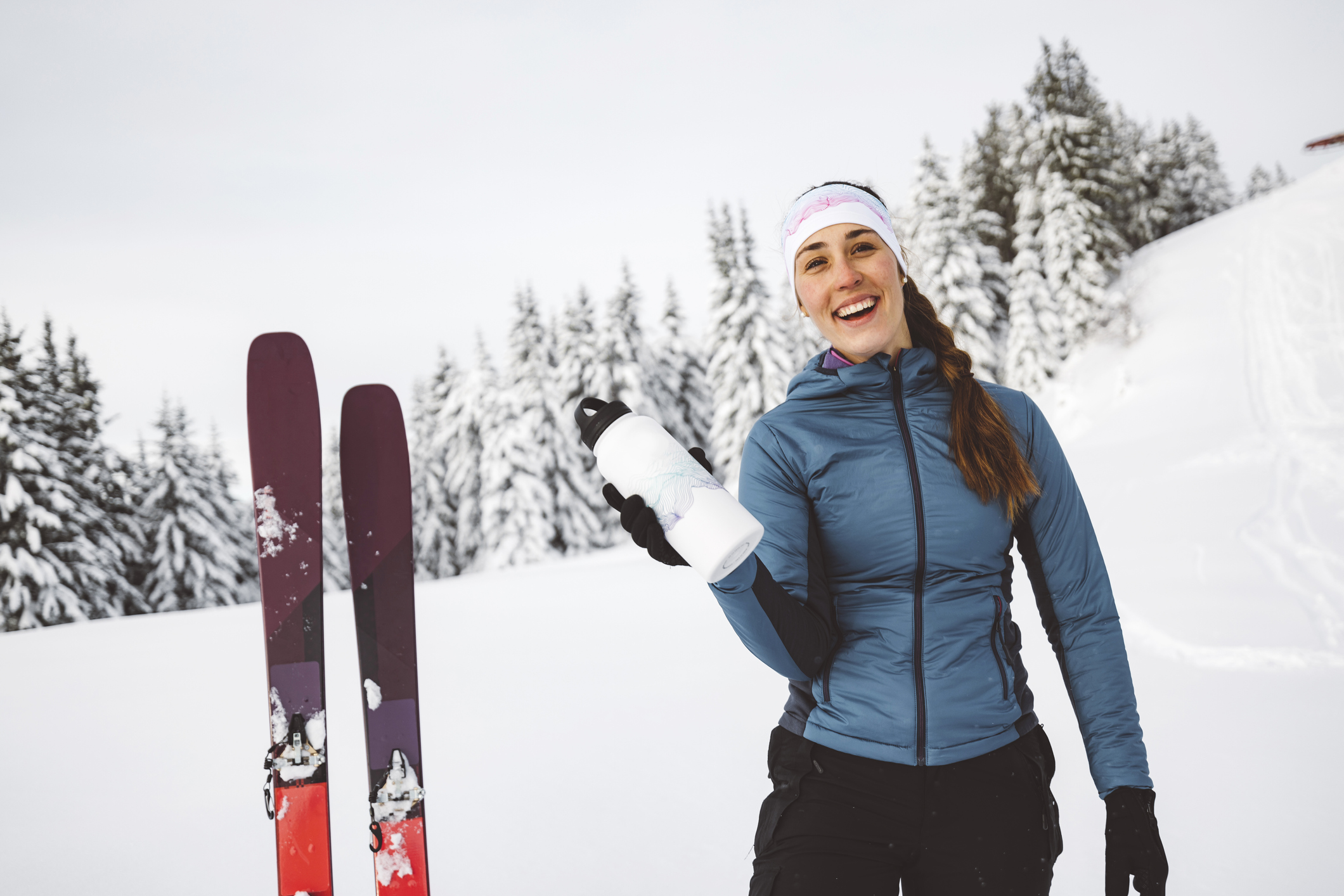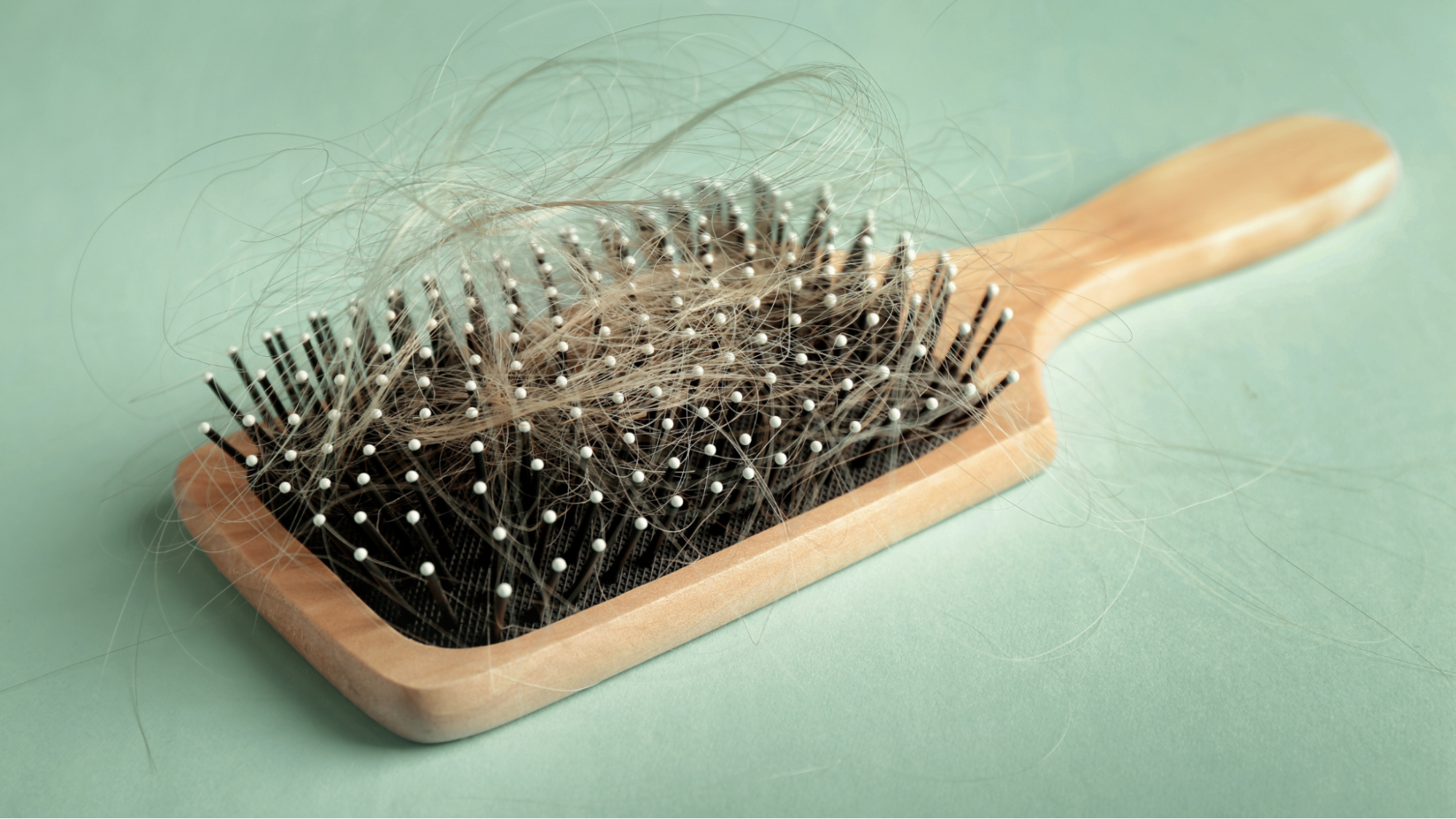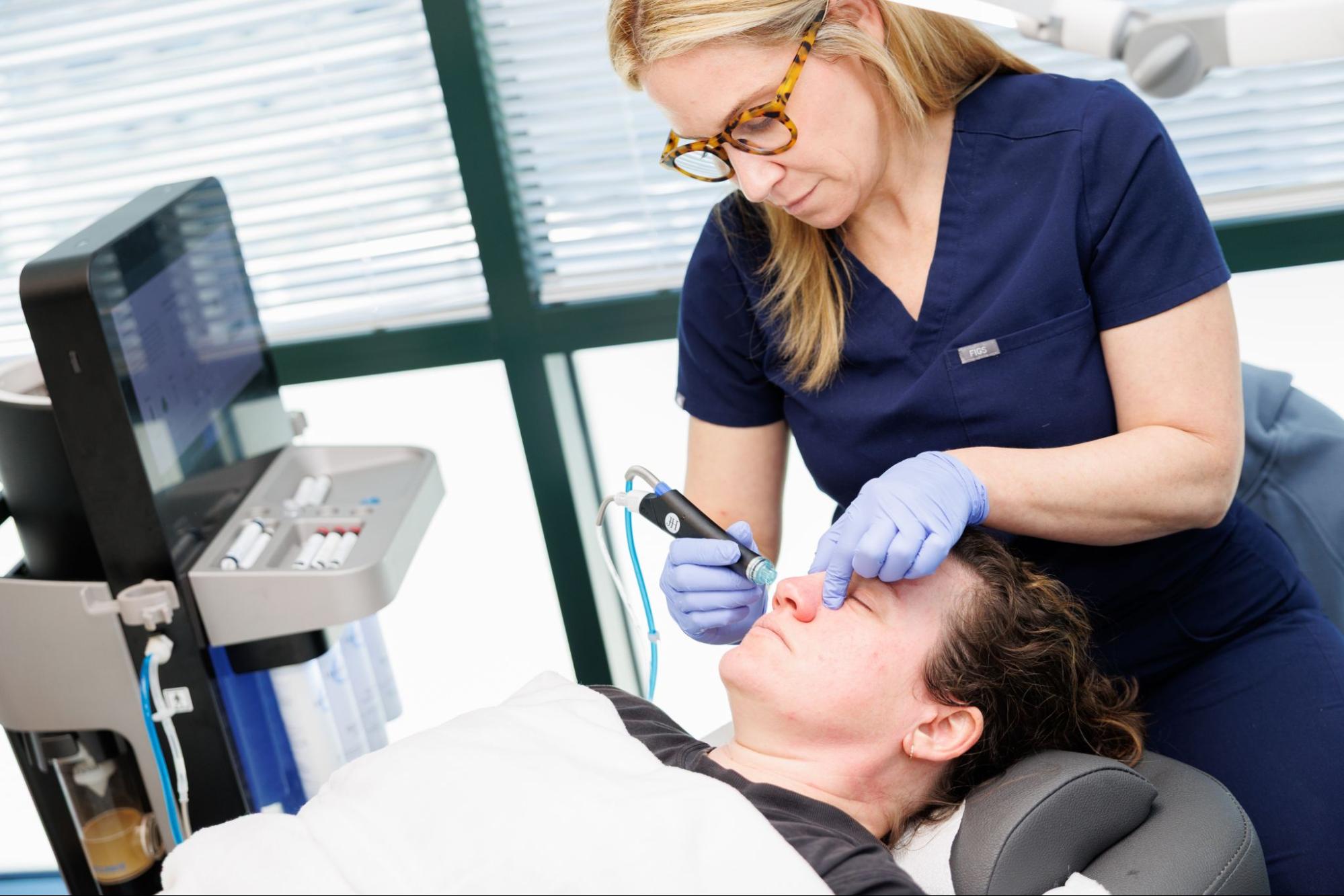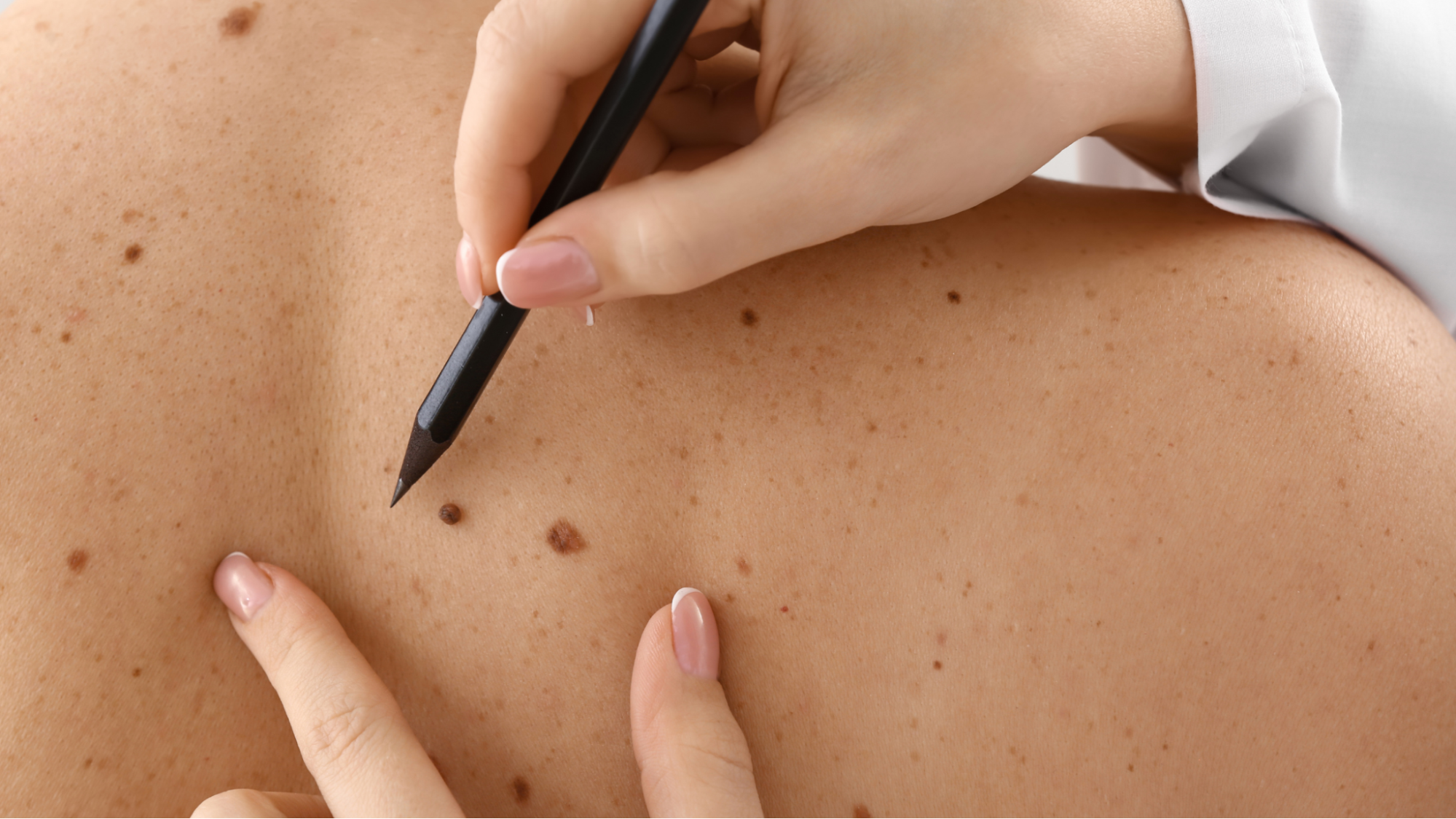The snow-covered slopes and icy landscapes are calling your name, inviting you to experience the thrill of skiing, snowboarding, ice skating, and more. While these activities promise a winter wonderland of fun, they also bring along a chilly companion – the potential for dry skin and irritation. Rest assured, we’re here to help in safeguarding your skin and address how to keep your complexion glowing even in the coldest of climates.
The Culprits: Winter Elements and Harsh Winds
Winter sports expose your skin to a formidable combination of cold temperatures, biting winds, and low humidity levels. These elements can deplete the moisture from your skin, leaving it dry, flaky, and possibly irritated. But don’t let that put a stop to your winter activities – keep reading to discover strategies to overcome common winter skin care woes.Cold Temperatures
- Cold air can strip your skin of its natural oils, leading to dryness and flakiness.
- Blood vessels constrict in response to cold, reducing blood flow to the skin and making it prone to dehydration.
Harsh Winds
- Winds on the slopes or skating rinks can exacerbate dry skin by accelerating moisture evaporation.
- Windburn occurs when the wind removes the protective oils from your skin, leaving it irritated and red.
The Skincare Playbook: Your Defense Against Dry Skin
-
Hydration is Key
- Drink plenty of water before, during, and after your winter sports adventure to keep your skin hydrated from the inside out.
- Use a hydrating moisturizer with ingredients like hyaluronic acid to lock in moisture and create a protective barrier against the elements.
- Consume foods rich in omega-3 fatty acids, antioxidants, and vitamins. These nutrients help to maintain your skin’s health and resilience, combating the effects of winter dryness. Consider adding foods like salmon, avocados, nuts, and berries to your diet for a skincare boost.
-
Sunscreen Isn’t Just for Summer
- UV rays are still potent in winter, and their reflection off snow and ice can intensify their impact. Additionally, higher altitudes have a thinner atmosphere, offering less natural protection against UV rays. Apply a broad-spectrum sunscreen with at least SPF 30 before heading out.
- Reapply sunscreen every two hours, especially if you’re sweating or spending an extended period outdoors.
- Don’t forget to protect your lips too! Choose a SPF lip balm with broad-spectrum protection against both UVA and UVB rays.
-
Layer Up for Protection
- Invest in high-quality, breathable clothing to shield your skin from harsh winds and freezing temperatures.
- Opt for moisture-wicking and breathable fabrics to avoid irritation and chafing.
- Layering is key, because it allows you to adjust your clothing to stay warm without compromising on comfort.
-
Beware of Hot Showers
- Hot water can strip your skin of its natural oils, exacerbating dryness. Opt for lukewarm water and indulge in a gentle, moisturizing cleanser to cleanse away the day’s adventures without compromising your skin’s natural barrier.
-
Humidify Your Space
- Combat the dry indoor air caused by heating systems by using a humidifier.
- Maintaining optimal humidity levels helps prevent your skin from drying out, even when you’re indoors.
-
Advanced Treatments to the Rescue!
- Winter is the perfect time to treat your skin to a Hydrafacial. In just one treatment session, moisture loss will be replenished and your skin will feel refreshed and revitalized like never before.
- As the frosty air takes a toll on your skin, a chemical peel can become your secret weapon for a radiant transformation. This treatment gently peels away the dull and damaged outer layer, revealing a fresh, radiant complexion beneath.
- Injectable treatments like dermal fillers can provide a boost of hydration to the skin. These treatments can be particularly helpful in combating dryness and restoring volume to areas that may have lost fullness over time.
- Lip fillers can not only enhance the volume and shape of the lips but also provide additional hydration, making them an excellent option for combating winter-related lip concerns.







